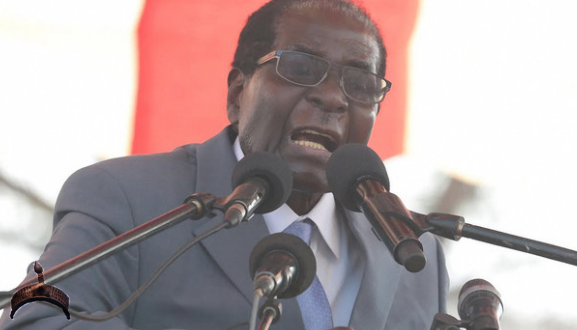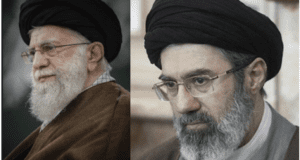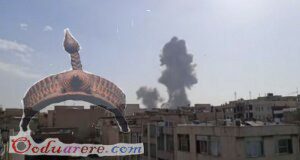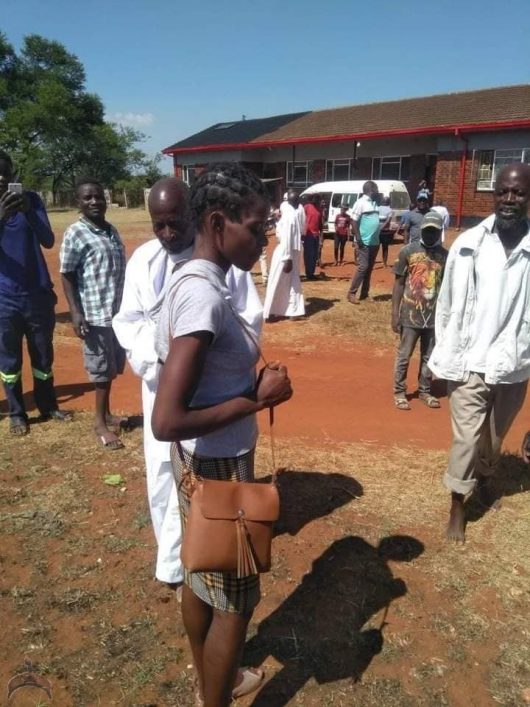A military spokesman, Major General SB Moyo made an announcement on state television early on November 15 stating they had seized power to target “criminals” around President Robert Mugabe, with President and his family “safe and sound and their security is guaranteed.”
Moyo said the army was targeting “criminals around” Mugabe, who were “committing crimes that are causing social and economic suffering in order to bring them to justice”. Troops took over the headquarters of the state broadcaster ZBC on November 14 and blocked access to government offices. The army claims this was not a coup, with Moyo insisting that “as soon as [the armed forces] are done the situation will come to normalcy”.
The sacking of Emmerson Mnangagwa on November 6, the veteran vice-president and former spy chief who has strong support among many in Zimbabwe’s armed forces, may be the underlying reason behind the coup. Mnangagwa fled the country when he was accused of showing “traits of disloyalty”. This move was seen as paving the way for Mugabe’s wife, Grace Mugabe, 52, to succeed the 93-year-old president.
Mugabe was photographed on November 16 in talks with General Chiwenga and other officials at the official State House. The President did not seem to be forcibly detained, having attended a university graduation ceremony in the capital on November 17, with the event clearly orchestrated to convey a impression that business was continuing as usual in Harare, belying the reality that Mugabe was unable to do anything without the approval of military commanders, according to CNN.
Thousands of Zimbabweans took to the streets of Harare on November 18 to demand Mugabe’s resignation. People waved Zimbabwean flags while others ran alongside army tanks and hugged soldiers to show their gratitude. Mugabe refused to stand down as President.
When Members of ZANU-PF, the ruling party which Mugabe co-founded to usher his country into independence, voted the 93-year-old President and his wife out on November 19 and anointed the previously ousted Mnangagwa as new party leader, Mugabe, during his televised address the same day, said he will preside over the ZANU-PF congress in December. Although he acknowledged the struggles and criticisms that led the nation’s security forces to seize power, and the pressure for him to resign, he did not stand down as President.
 Ọmọ Oòduà Naija Gist | News From Nigeria | Entertainment gist Nigeria|Networking|News.. Visit for Nigeria breaking news , Nigerian Movies , Naija music , Jobs In Nigeria , Naija News , Nollywood, Gist and more
Ọmọ Oòduà Naija Gist | News From Nigeria | Entertainment gist Nigeria|Networking|News.. Visit for Nigeria breaking news , Nigerian Movies , Naija music , Jobs In Nigeria , Naija News , Nollywood, Gist and more









